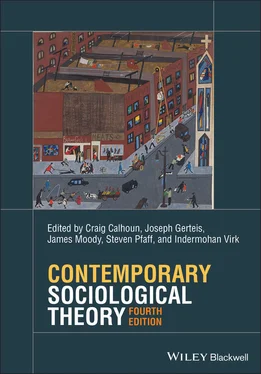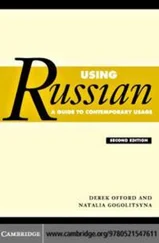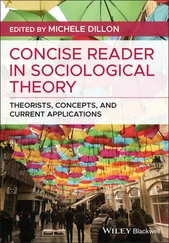Contemporary Sociological Theory
Здесь есть возможность читать онлайн «Contemporary Sociological Theory» — ознакомительный отрывок электронной книги совершенно бесплатно, а после прочтения отрывка купить полную версию. В некоторых случаях можно слушать аудио, скачать через торрент в формате fb2 и присутствует краткое содержание. Жанр: unrecognised, на английском языке. Описание произведения, (предисловие) а так же отзывы посетителей доступны на портале библиотеки ЛибКат.
- Название:Contemporary Sociological Theory
- Автор:
- Жанр:
- Год:неизвестен
- ISBN:нет данных
- Рейтинг книги:4 / 5. Голосов: 1
-
Избранное:Добавить в избранное
- Отзывы:
-
Ваша оценка:
Contemporary Sociological Theory: краткое содержание, описание и аннотация
Предлагаем к чтению аннотацию, описание, краткое содержание или предисловие (зависит от того, что написал сам автор книги «Contemporary Sociological Theory»). Если вы не нашли необходимую информацию о книге — напишите в комментариях, мы постараемся отыскать её.
offers a thorough introduction to current perspectives and approaches in sociology and social science. Covering a broad range of essential topics, this comprehensive volume provides students with the foundation necessary for understanding the theoretical underpinnings of present-day debates in the diverse field. In-depth yet accessible readings address micro-sociological analysis, symbolic interactionism, network theory, phenomenology, critical theory, structuralism, feminist theory, and more.
This classic text is fully revised to incorporate the most representative and up-to-date material, including new readings addressing debates on gender, power, and inequality. New editorial introductions clarify and contextualize the selected readings, while up-to-date examples highlight connections to today’s theoretical discussions. This authoritative survey of contemporary sociological theory:
Presents substantial primary source texts with detailed introductions, rather than brief excerpts and basic overviews Examines the sociological theories of Foucault, Giddens, Bourdieu, and Habermas Discusses debates over modernity and postmodernity, crisis and change, and race and difference Provides historical and intellectual perspective to each selected reading in the book Includes extensive references to further readings and resources
, Fourth Edition provides the depth of coverage students require for undergraduate courses in social and sociological theory as well as courses in wider social science programs such as human geography, anthropology, criminology, and urban studies. In combination with its complement
, Fourth Edition,
remains the most complete overview of sociological theory available.












